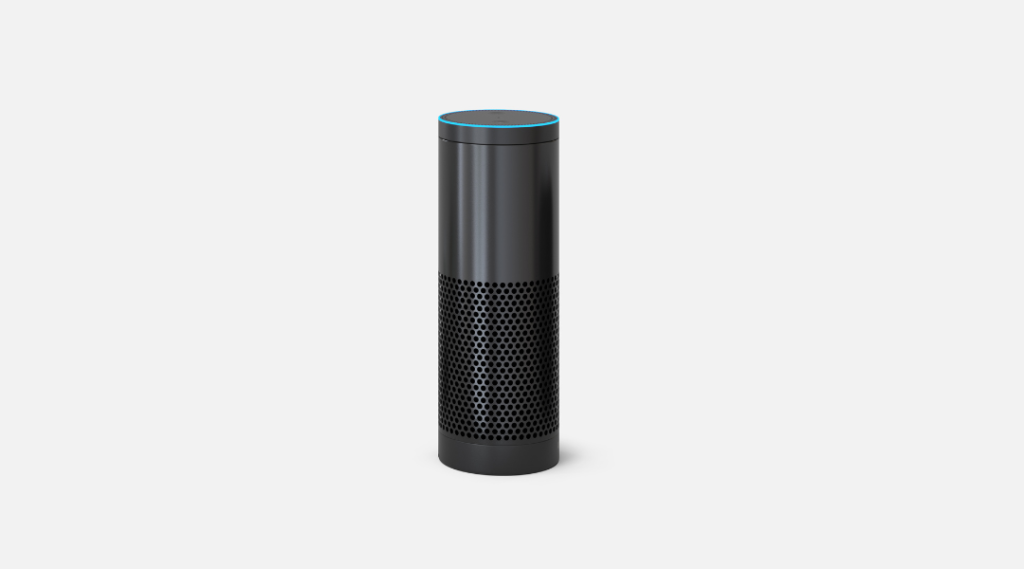
Alexa for Everyone
Since Amazon’s Alexa mainly responds through voice activation, she’s just a holler away for the majority of the population. But, for a product as popular as Alexa, Amazon needs to ensure that it takes everyone’s needs into account.
For example, according to the United Nations, people living with disabilities make up 15% of the world’s population. At approximately 1 billion people, this makes them the world’s largest minority. How are people who have lost their voice or struggle with another disability supposed to access Alexa?
Luckily, Amazon is one step ahead in addressing this issue.
Disability-Friendly Features
There are several ways that Amazon has tweaked Alexa to make her more accessible.
For starters, Tap To Alexa is a feature that allows customers to use Alexa entirely through a remote, instead of talking. This is an alternative for people who may struggle with their sense of touch. This feature can be used on Echo Show and certain Fire tablets. All users need to do is get a compatible Bluetooth switch that will help them navigate their tablet.
Additionally, most Alexa devices have a Text to Speech function. This feature allows users to type out their thoughts so that Alexa can read them aloud. It’s a little bit like Michael Scott’s “Talking Computer” prank from The Office. While users hopefully won’t abuse this feature like Michael does, it is still useful for anyone who has trouble speaking.
For the visually impaired, Amazon’s Kindle offers a range of ways to improve readability. This includes things like changing the font type, size, boldness, brightness, colors, margins, and line spacing.
On top of that, Kindle’s Reading Ruler is a tool that highlights sections of each page to guide users as they read. This feature could benefit people who have trouble focusing while also just making the Kindle easier to read.
More To Come
There are two ways that Amazon stays ahead of the curve. First, by listening to and implementing customer feedback. Second, by anticipating what customers might want and building it for them.
This is why products like Alexa seem to just keep evolving, oftentimes in ways that we never even anticipated.
That said, if you struggle with a disability that prohibits you from using Alexa then you should consider reaching out to Amazon and requesting different features that might help.
There’s a good chance that Amazon’s engineers will listen to you and do their best to help, just like Alexa does.